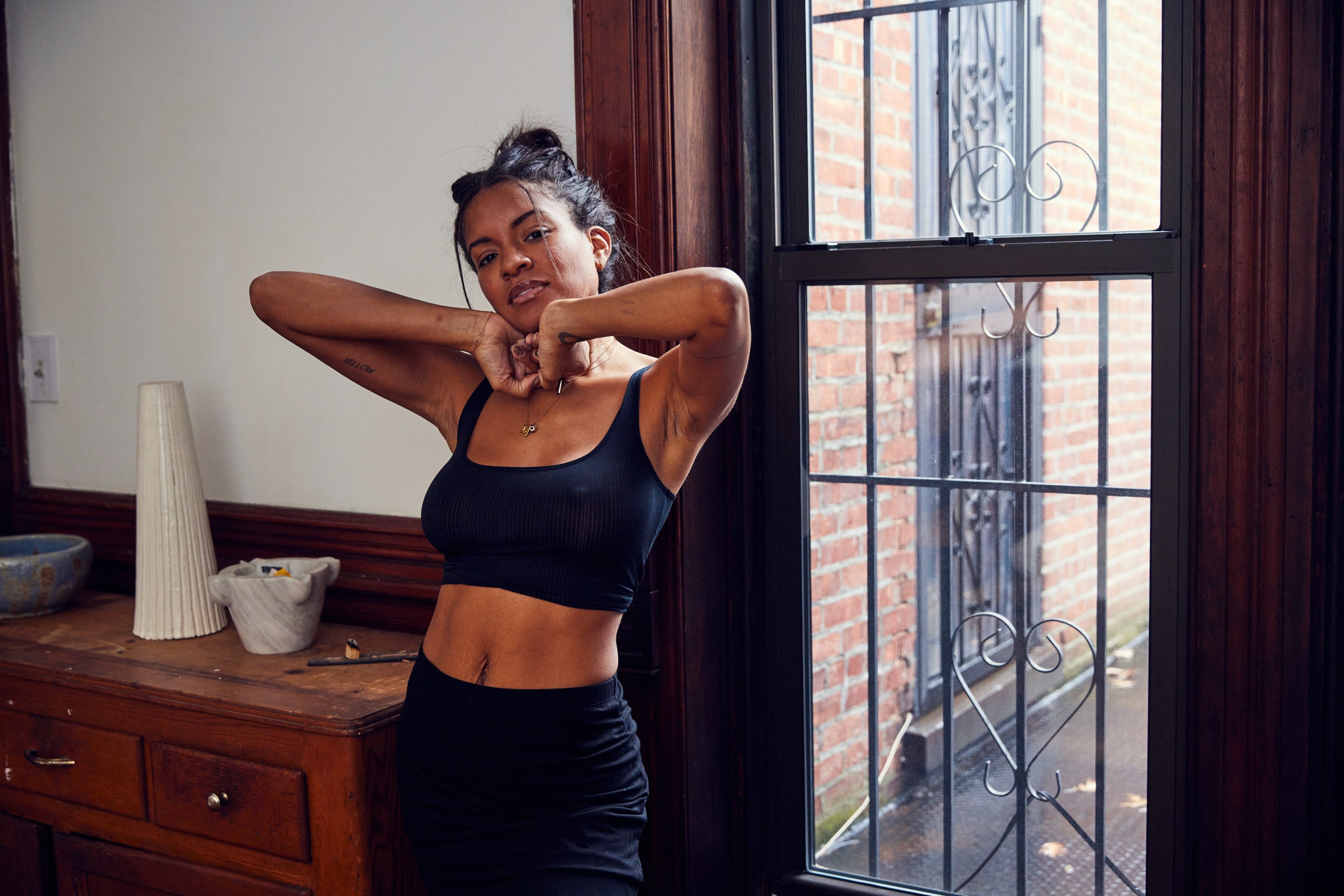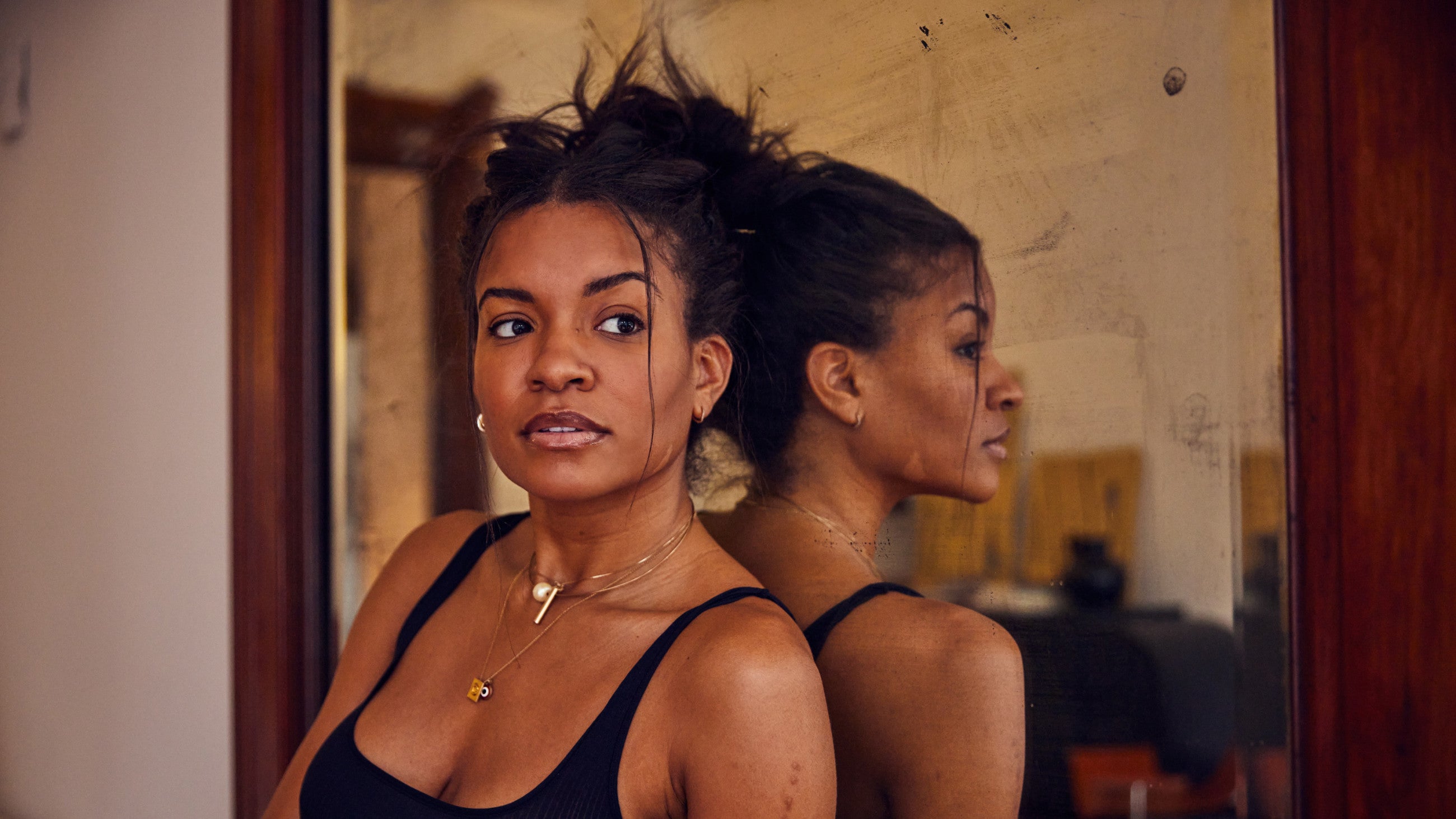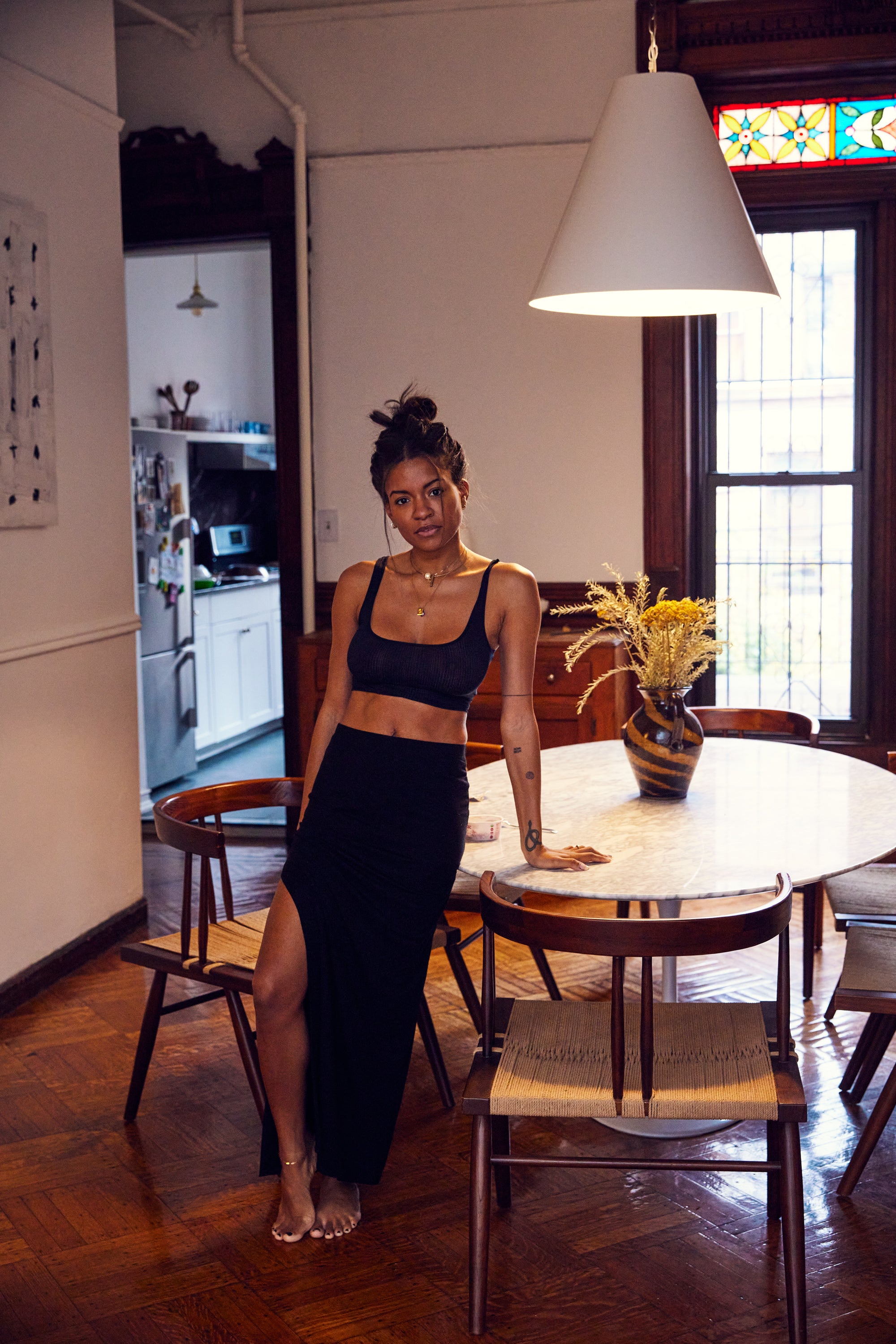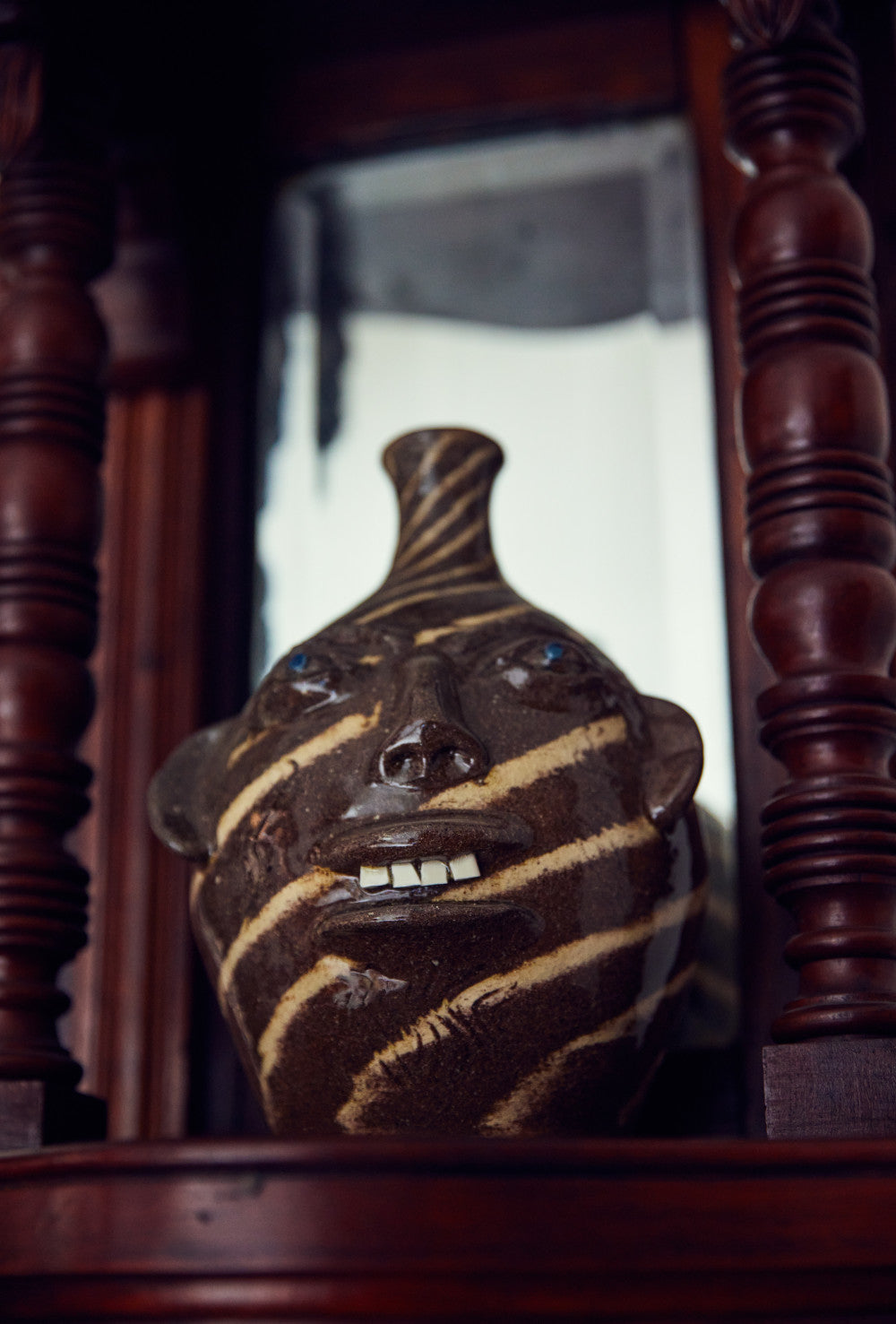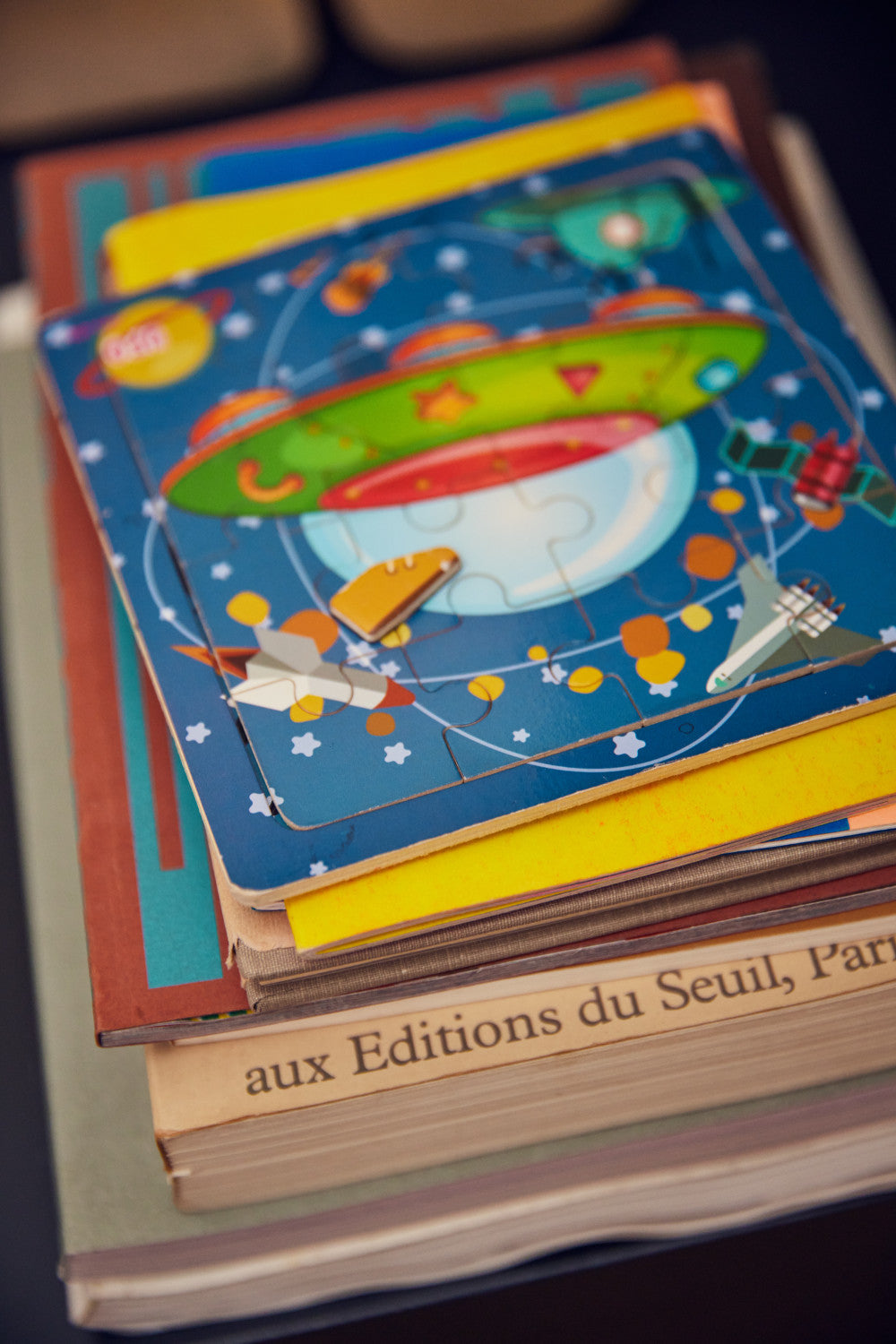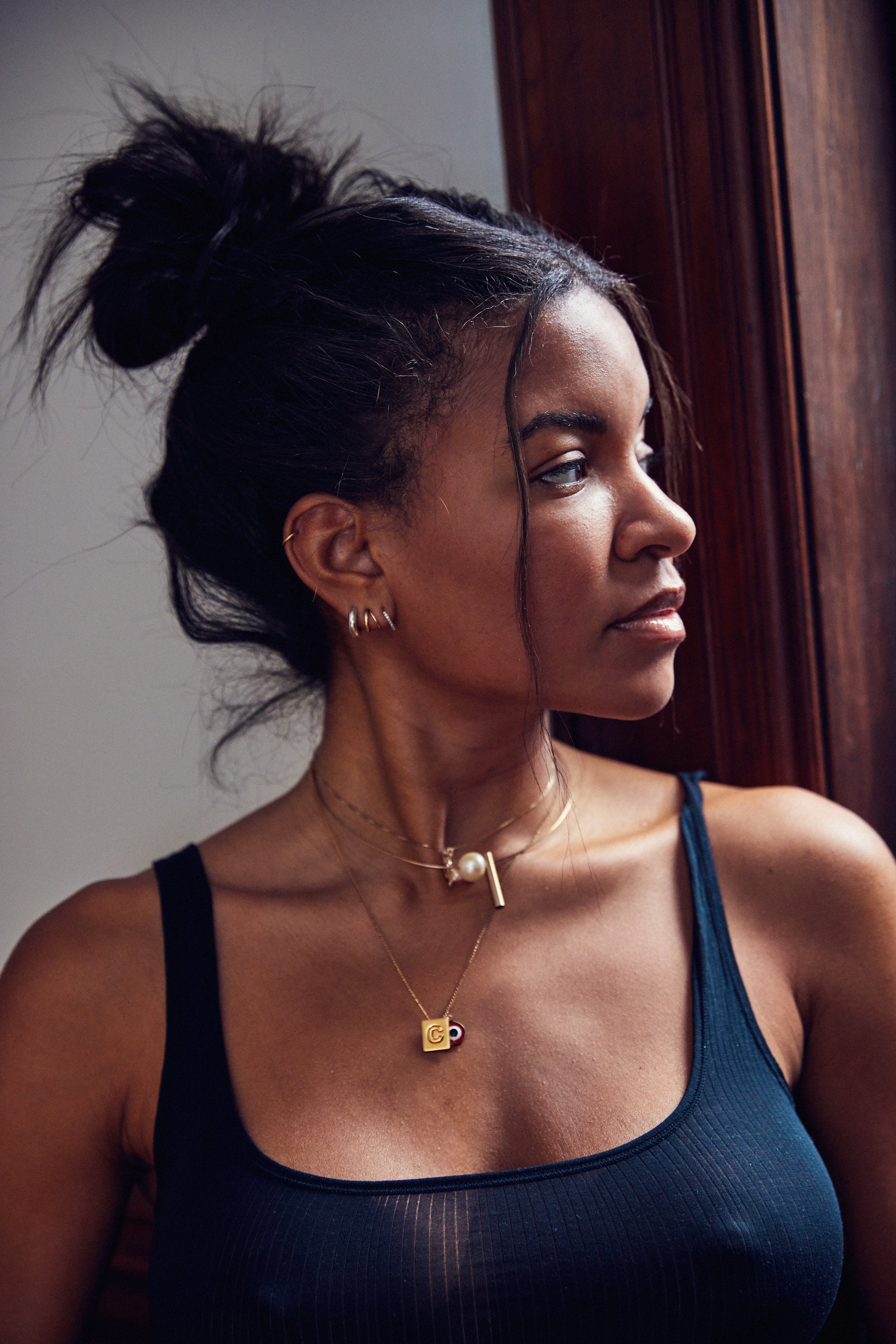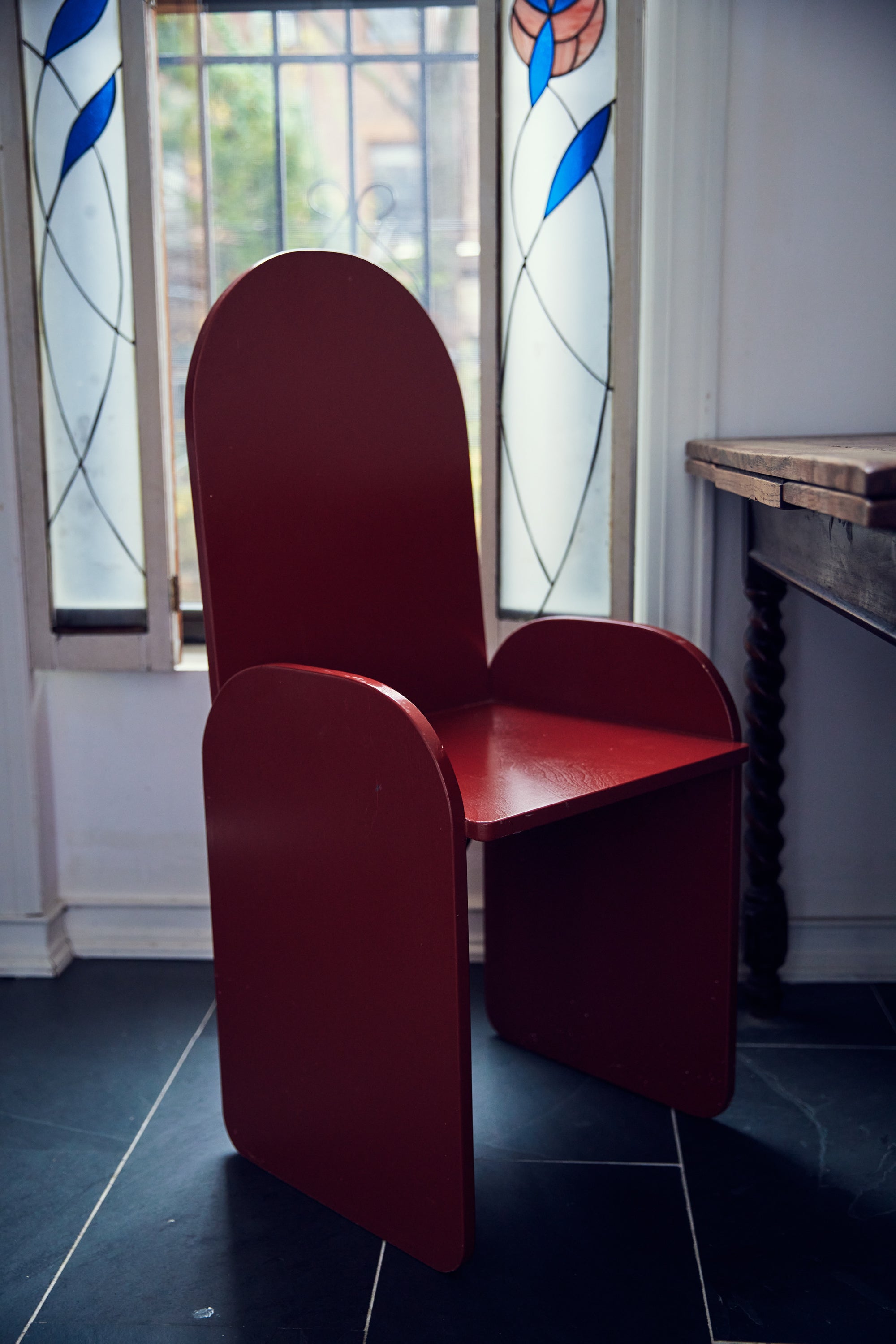
The Sincerely, Tommy founder on mushrooms in the desert, Building Black Bed-Stuy, and launching Raini Home.
AS TOLD TO GOSSAMER
I was in retail for about 10 years, working for all kinds of companies: Aritzia, Chanel, The Kooples. Pretty much anything you can think of, I’ve done it. But I knew I wanted to open my own store since I was 16.
I actually dropped out of college. I was going to FIT and LIM—both of the major fashion schools here—but it wasn’t for me. I thrive off of real world experience. I felt the best way to learn how to open a store was to just work in them. That was really my goal.
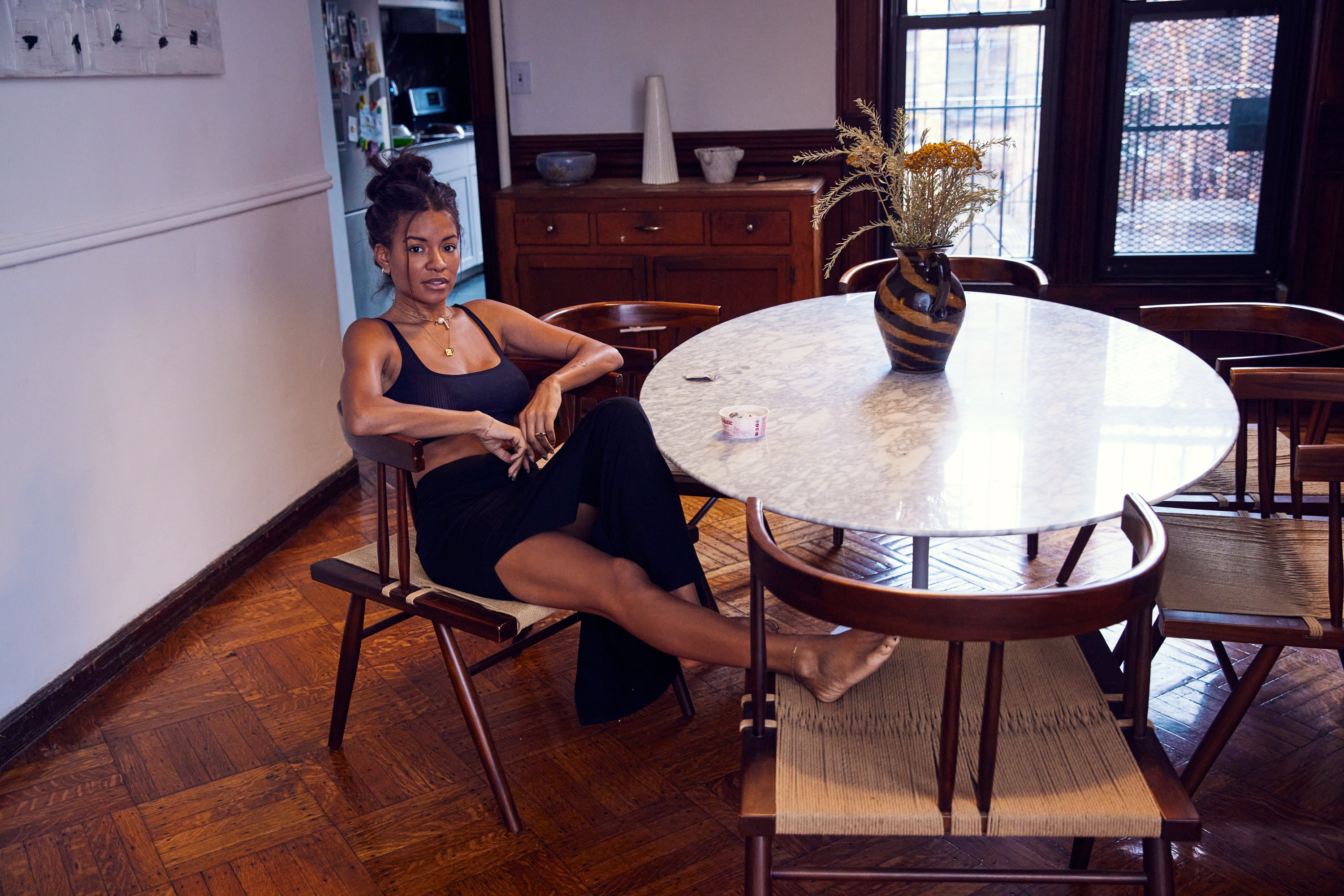
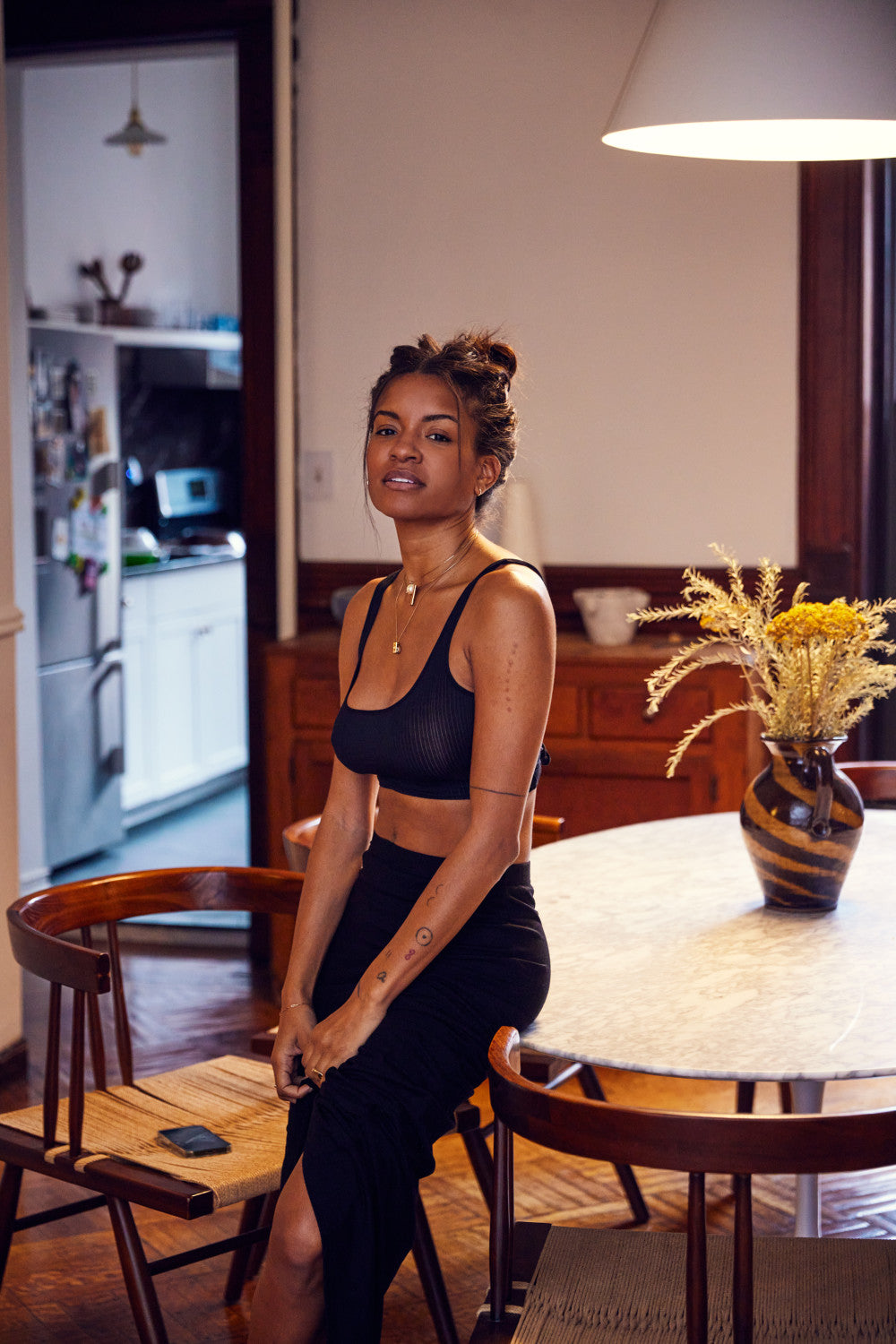
I wanted a space that I felt represented the little Black girl from New York who loves everything—whether it’s fashion, art, film, or travel.

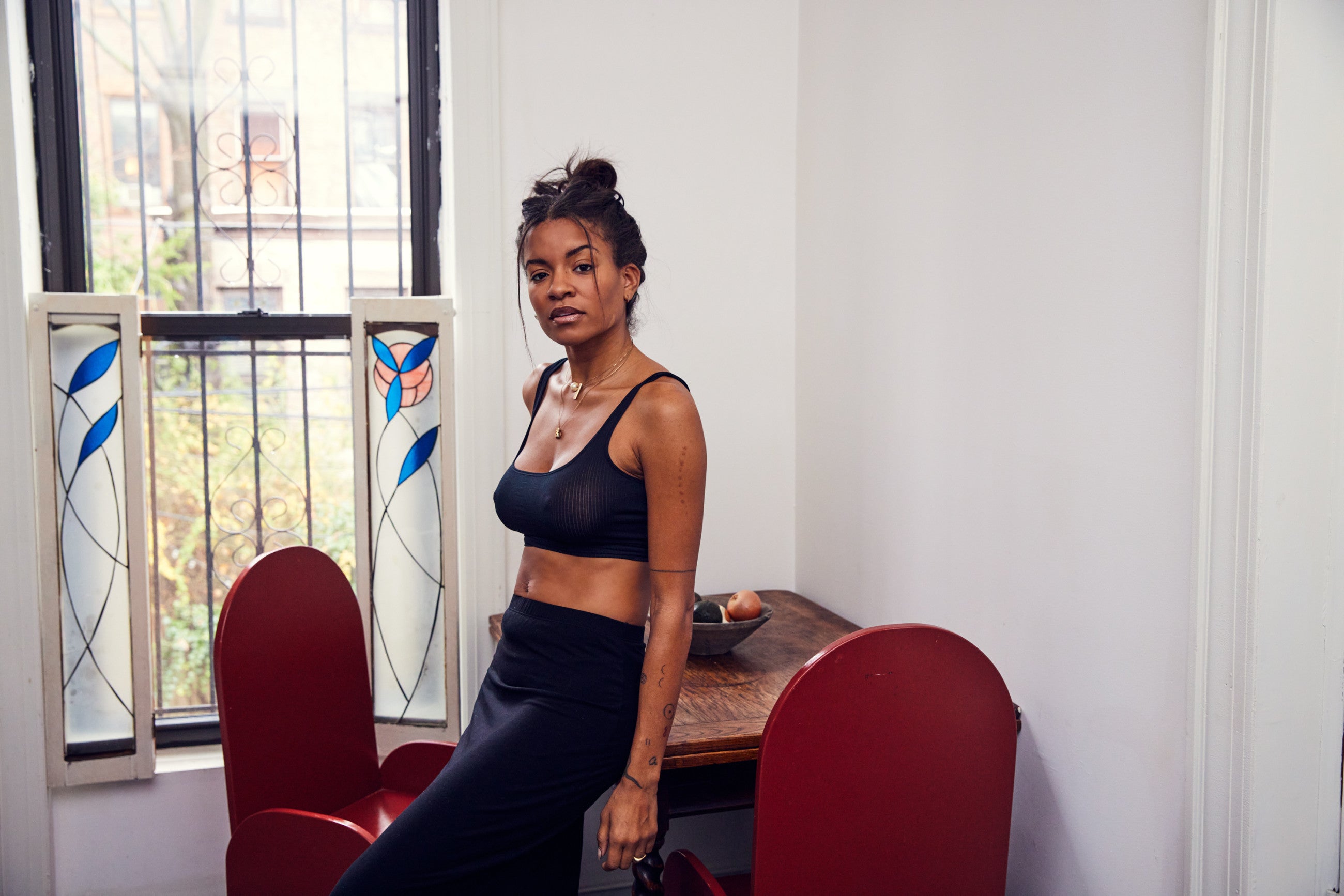
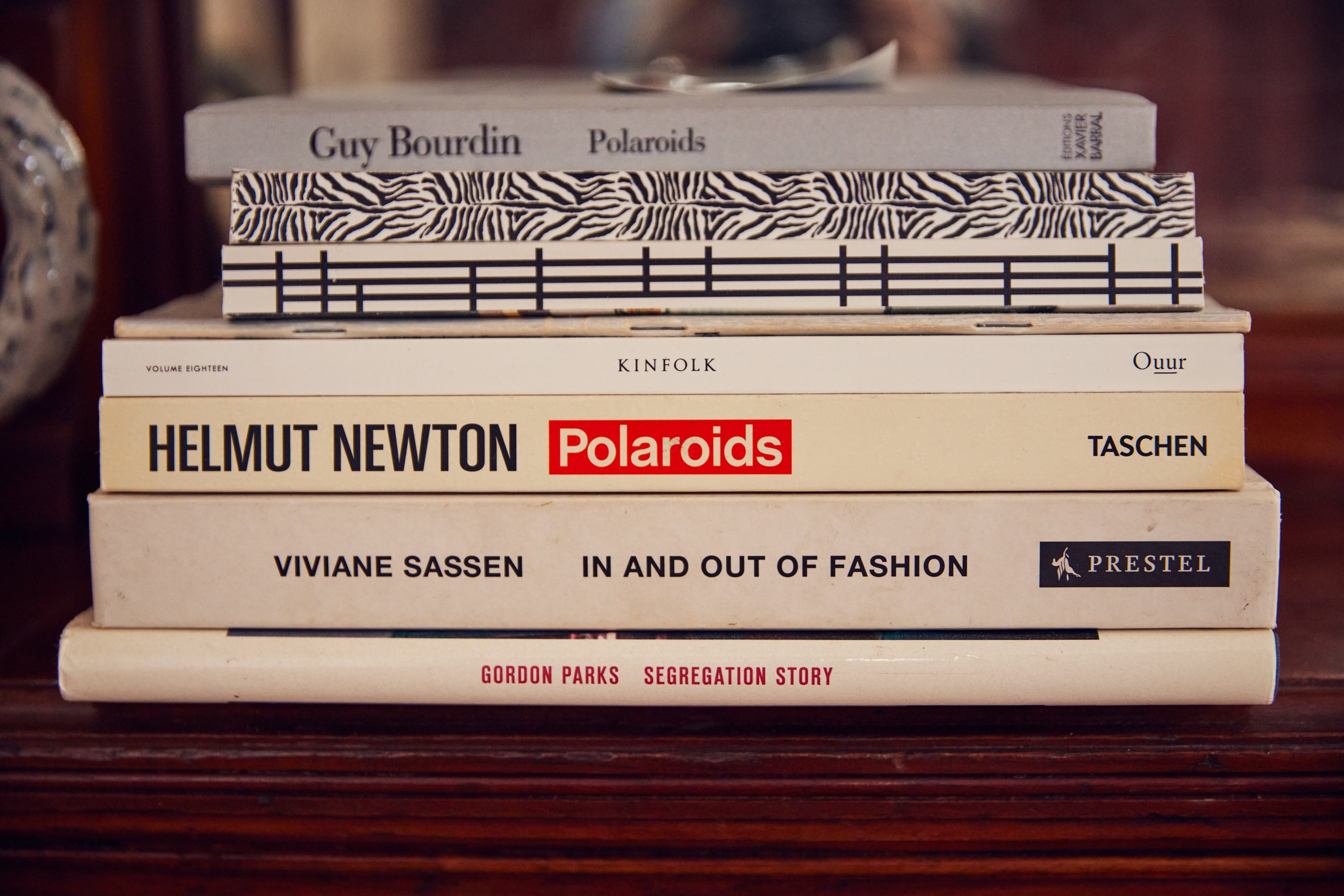
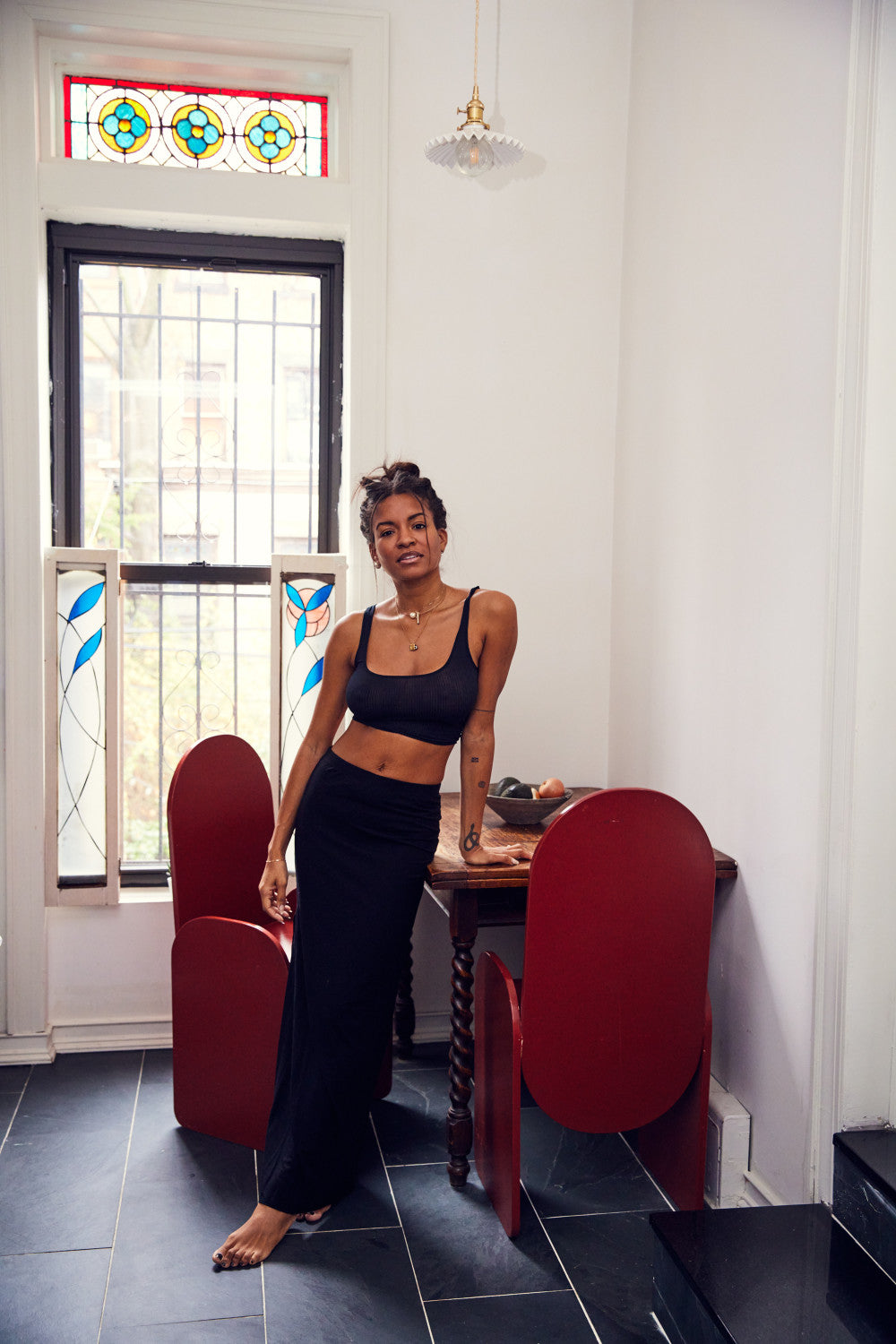
Going through my own transition, I’ve found that my healing journey serves me best when I’m serving others.
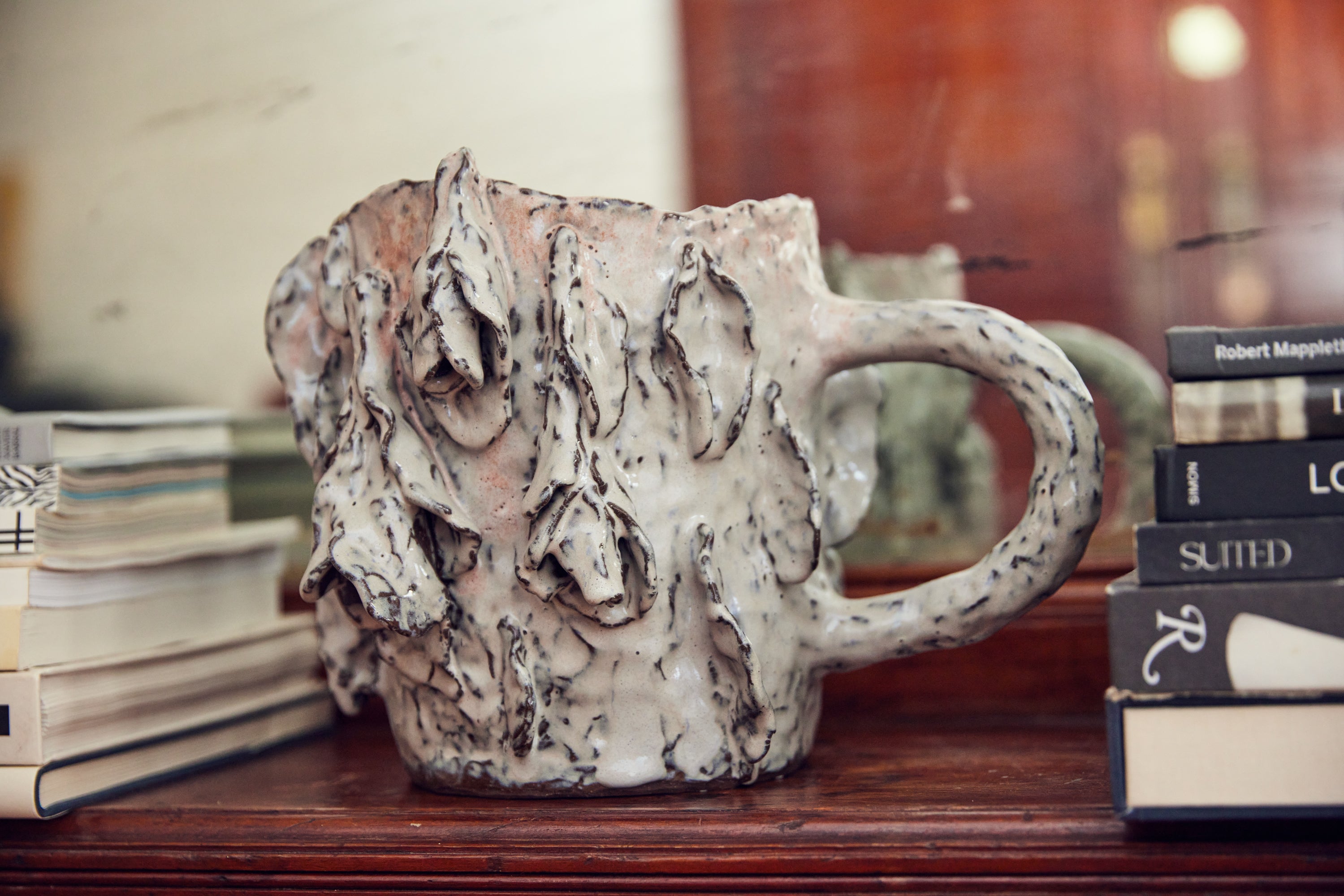
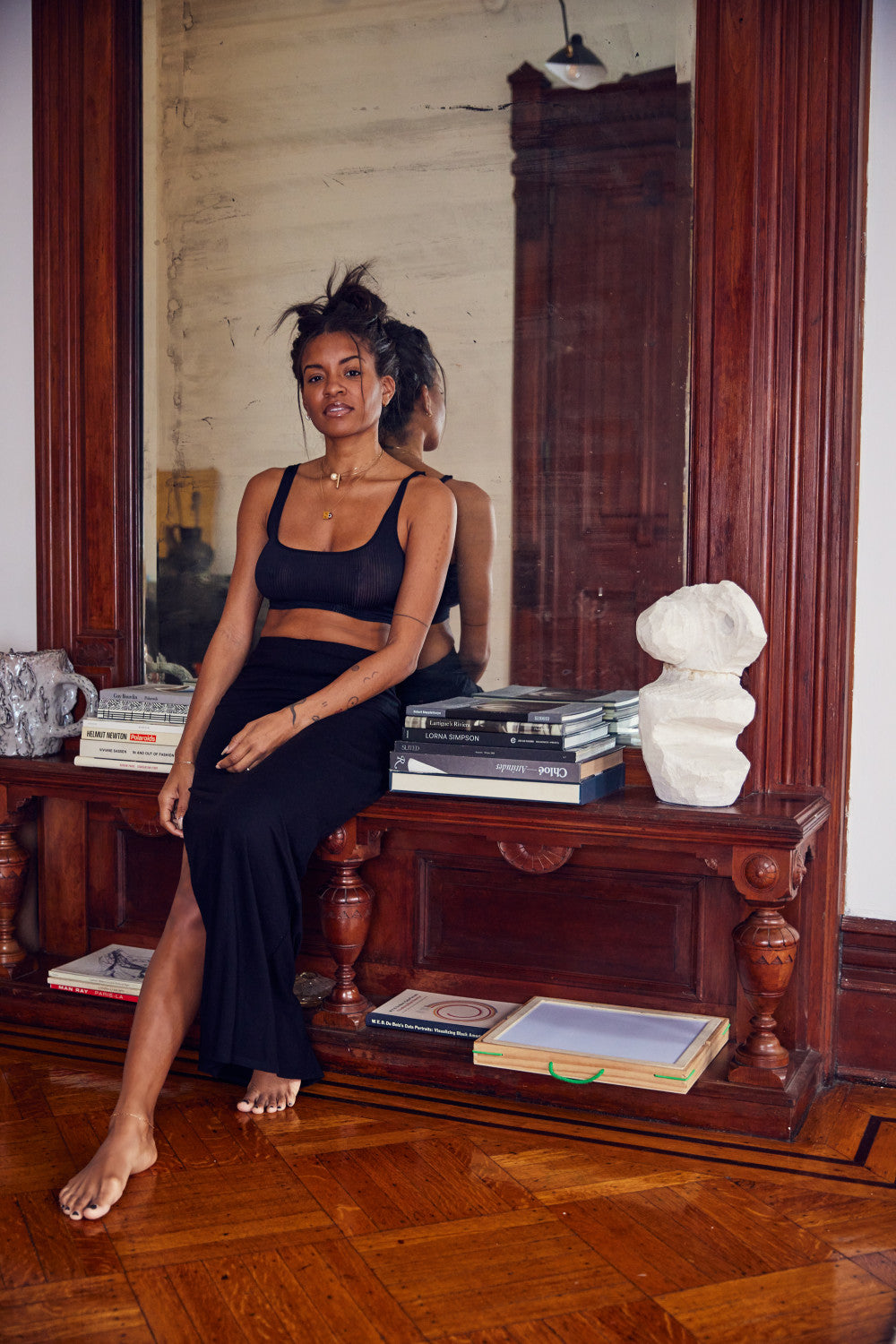
Growing up in these small towns and being one of the only Black families, I didn’t feel super accepted because I didn’t see many people who looked like me.
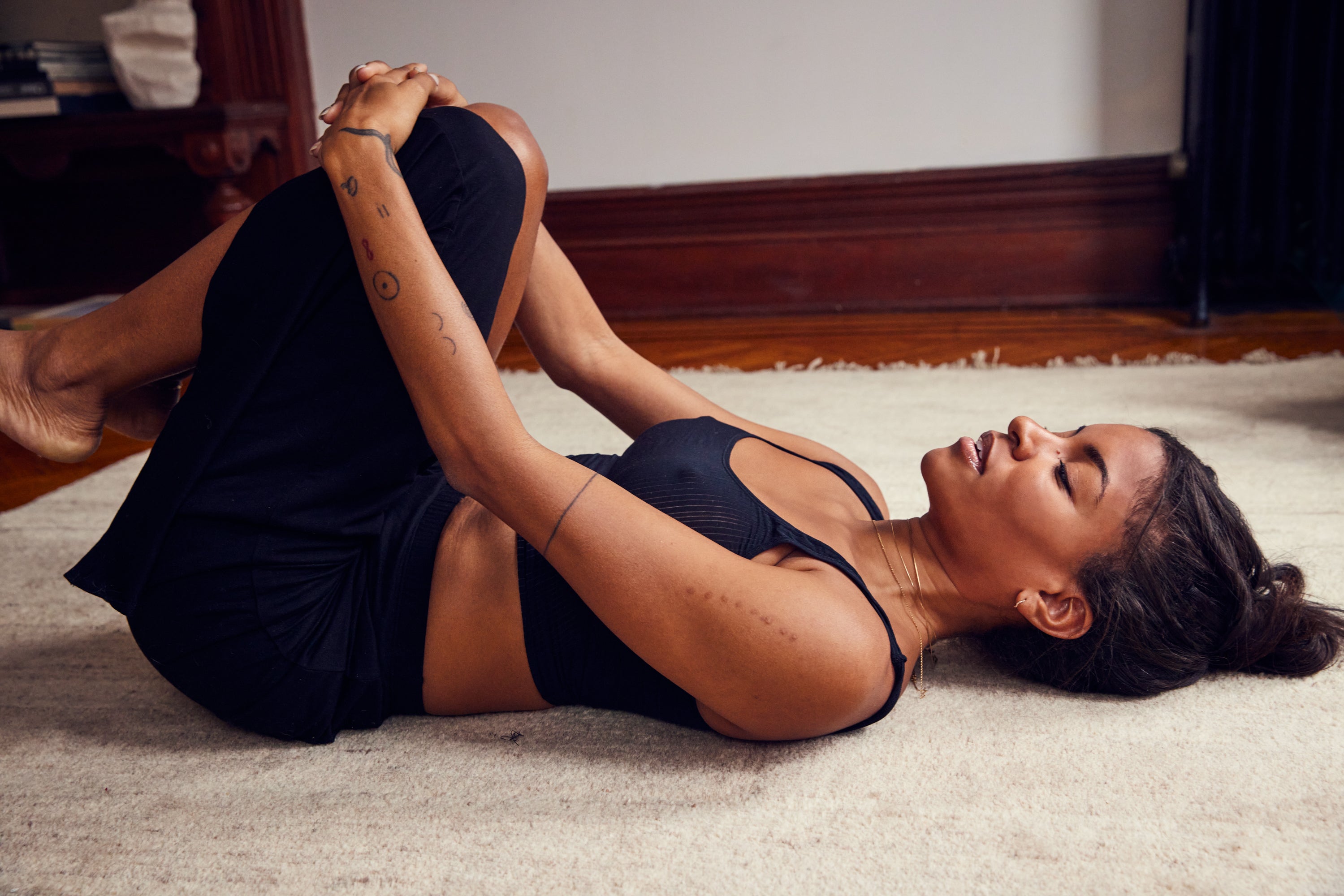
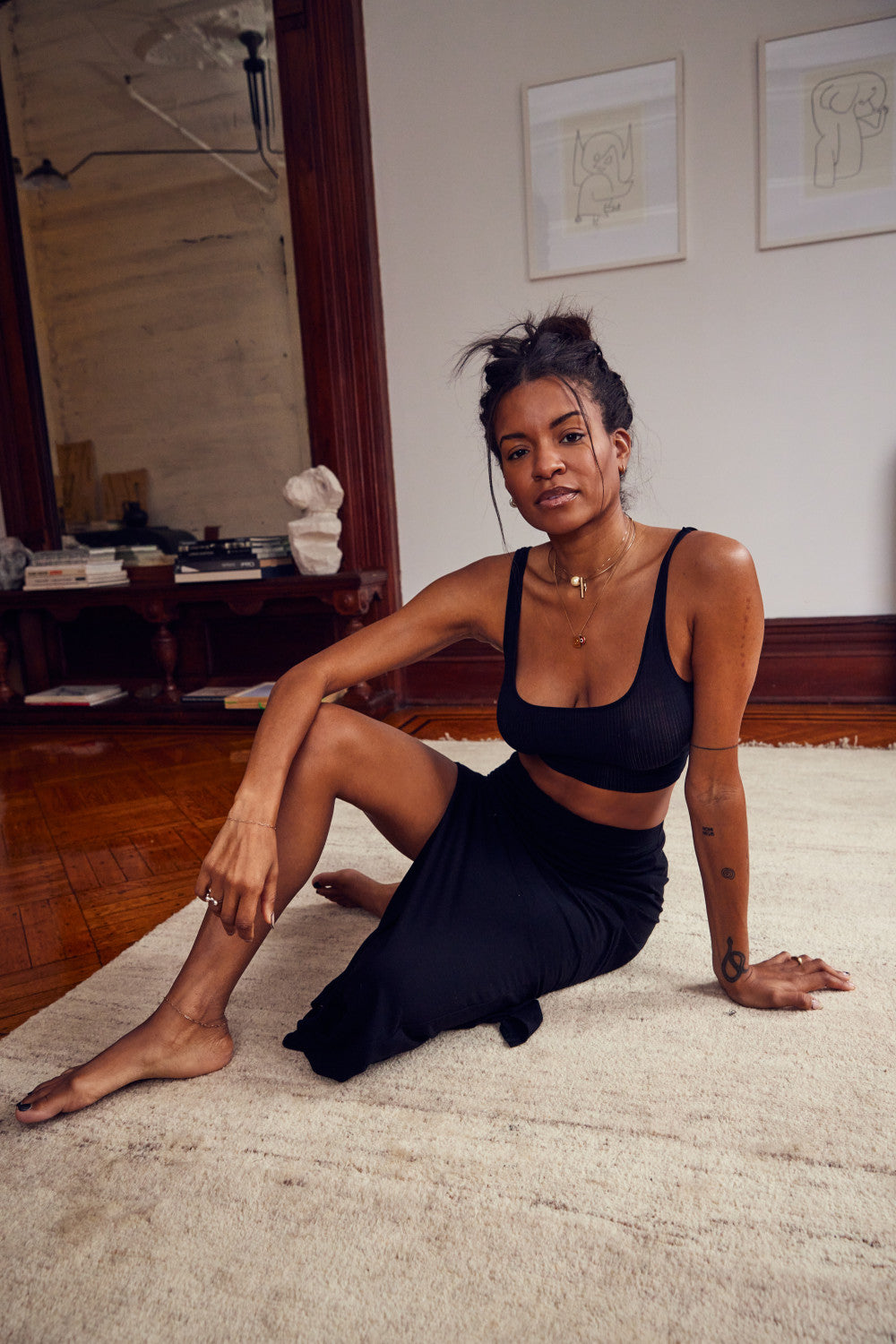
That’s what I love about mushrooms: you really have to surrender and release, you can’t control what happens.
